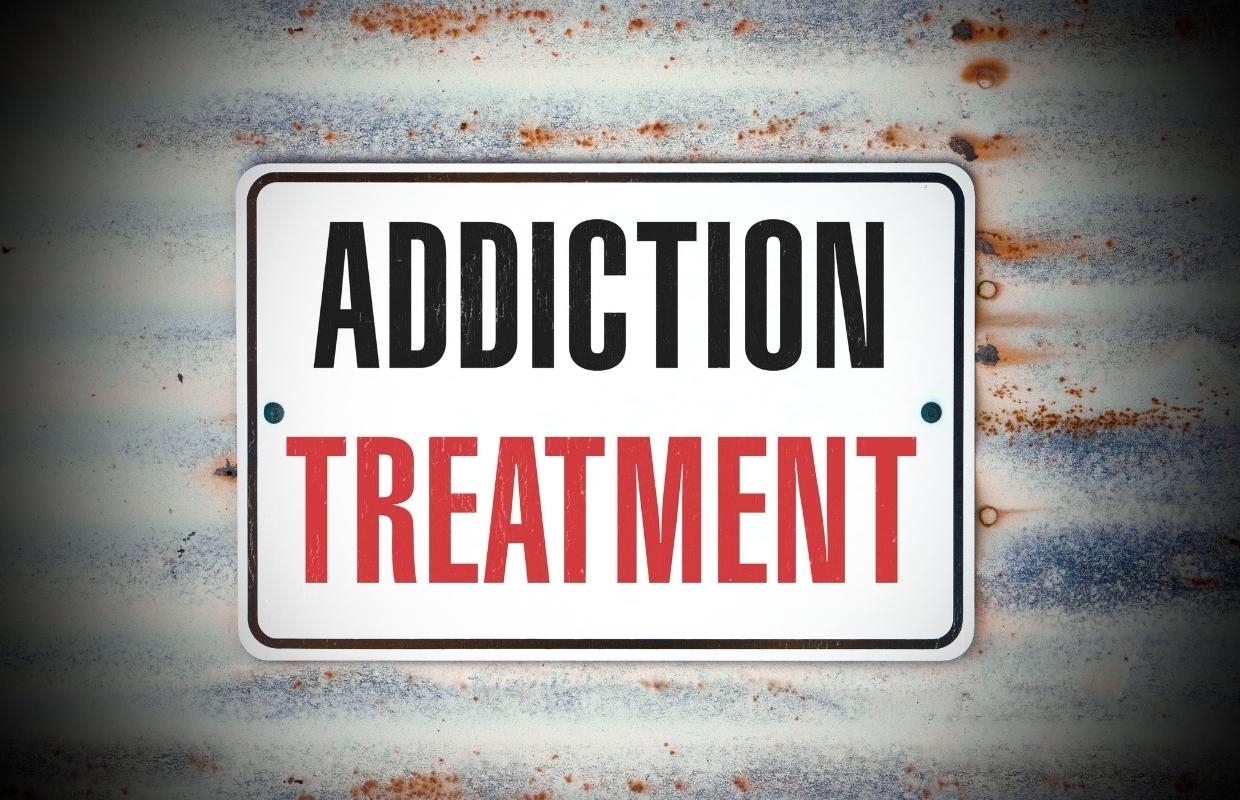Key Types of Dependency Therapy: Browsing Alcoholism Recovery Through Evidence-Based Practices
In the realm of alcohol dependency recovery, the combination of Cognitive-Behavioral Therapies (CBT) and Medication-Assisted Treatment (MAT) notes an essential stride in the direction of efficacy and patient-centered care. When these evidence-based techniques are supplemented with all natural approaches, such as mindfulness and dietary support, they develop a robust structure for treatment.

Recognizing Cognitive-Behavioral Therapies in Alcoholism Recuperation
As alcoholism recovery advances, cognitive-behavioral treatments (CBT) have actually arised as a keystone in reliable therapy techniques. CBT operates the concept that maladaptive actions, such as too much drinking, are driven by useless ideas and ideas. Therapy concentrates on determining these negative patterns and training individuals exactly how to test and replace them with more constructive reasoning. This therapy is not just concerning taking care of habits but also reshaping cognitive procedures, which can bring about continual soberness. Sessions typically entail useful skills training, such as dealing approaches for managing cravings and anxiety monitoring techniques. The their explanation versatile nature of CBT allows it to be customized to the unique demands of each person, improving its efficiency in the world of alcohol recuperation.

The Function of Medication-Assisted Treatment in Managing Withdrawal and Food Cravings
Medication-assisted treatment (MAT) plays a critical function in the administration of withdrawal symptoms and cravings in individuals recuperating from alcohol dependency. opioid addiction treatment. Such assimilation sustains the retention in therapy programs and contributes dramatically to stopping relapse, noting MAT as a keystone of effective alcohol addiction therapy.

Integrating Holistic Methods With Traditional Therapies for Comprehensive Care
While medication-assisted therapy provides a fundamental approach to alcohol recovery, integrating holistic approaches with traditional therapies uses a more comprehensive treatment design. By integrating these diverse techniques, therapy programs can tailor interventions to private requirements, advertising a more sustainable recovery. This integrated technique underscores the value of a multifaceted approach in the efficient treatment of alcohol dependency.
Final Thought
In verdict, efficient alcoholism recuperation leverages a mix of evidence-based techniques. Cognitive-Behavioral Therapies reframe negative attitude, while Medication-Assisted Treatment tackles the this hyperlink physical obstacles of withdrawal and food cravings. Incorporating alternative approaches, such as mindfulness and correct nourishment, with typical treatments review makes sure a thorough treatment method. Customized to private requirements and supported gradually, these methods collectively enhance the possibility of continual soberness and overall health in recovering individuals. fentanyl addiction treatment.